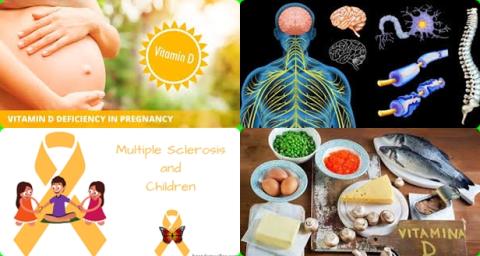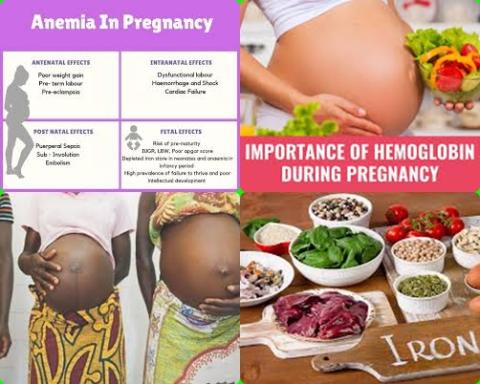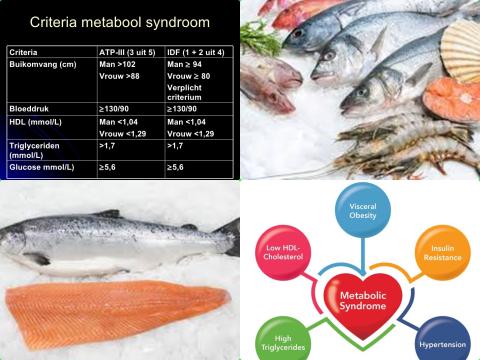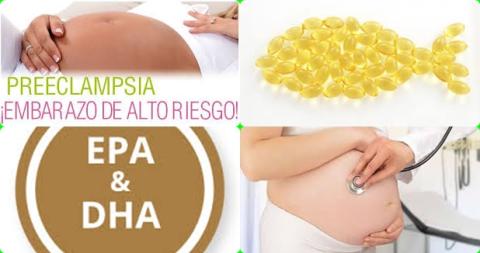Dairy products reduce causal fat mass and BMI among overweight or obese adults
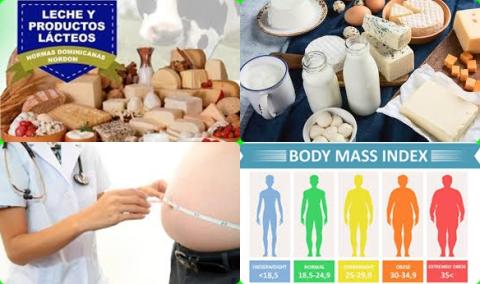
Objectives:
Is there a causal relationship between dairy products or calcium supplements and the reduction in fat mass and BMI among overweight or obese adults?
Study design:
This review article included 10 and 14 RCTs with ≥ 12 weeks interventions of calcium supplements and dairy products among overweight (BMI>25) or obese (BMI>30) adults aged ≥18.
Results and conclusions:
The investigators found that dairy products significantly reduced fat mass among overweight or obese adults [SMD = -0.40, 95% CI = -0.77 to -0.02].
This reduction was also significant in the analysis of RCTs with low risk of bias scores.
The investigators found that dairy products significantly reduced BMI among overweight or obese adults [SMD = -0.46 kg/m2, 95% CI = -0.67 to -0.26].
This reduction was also significant in the analysis of RCTs with low risk of bias scores.
The investigators found that calcium supplements significantly reduced fat mass among overweight or obese adults [SMD = -0.15, 95% CI = -0.28 to -0.02].
However, this reduction was not significant in the analysis of RCTs with low risk of bias scores.
The investigators concluded there is a causal relationship between dairy products without distinction of fat percentage and the reduction in fat mass and BMI among overweight or obese adults.
Original title:
Meta-analysis of randomized controlled trials on calcium supplements and dairy products for changes in body weight and obesity indices by Hong JY, Lee JS, [...], Kim MK.
Link:
https://pubmed.ncbi.nlm.nih.gov/33292017/
Additional information of El Mondo:
Find more information/studies on dairy product and calcium consumption and obesity/overweight right here.


